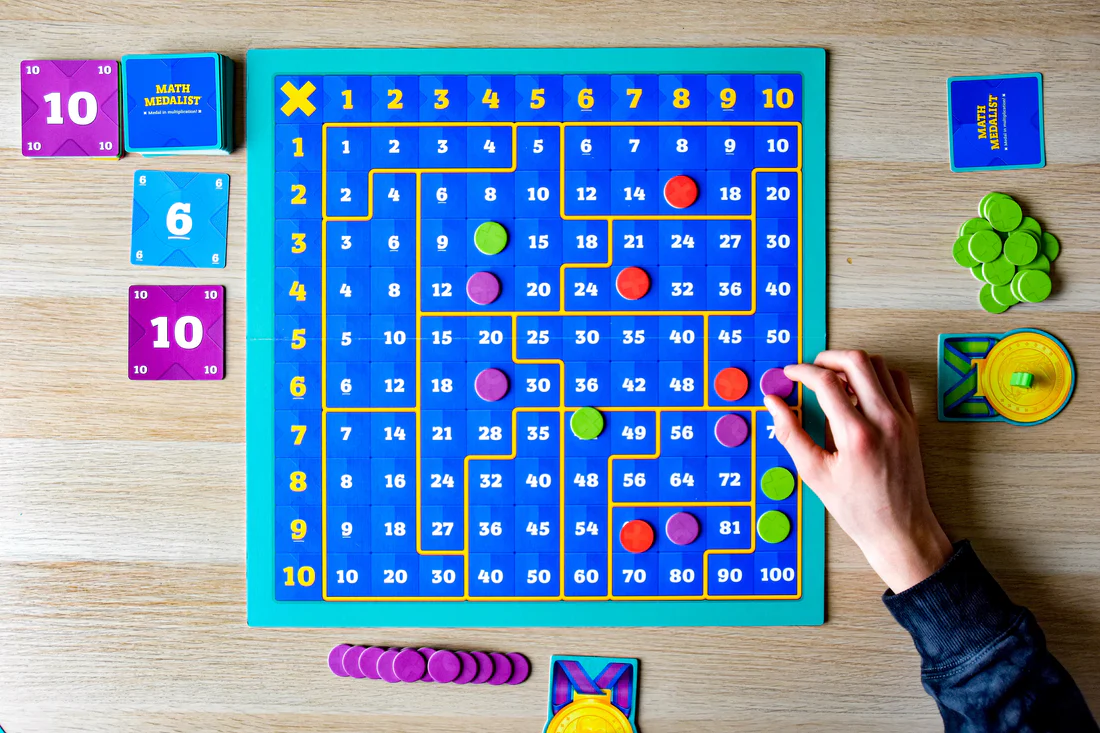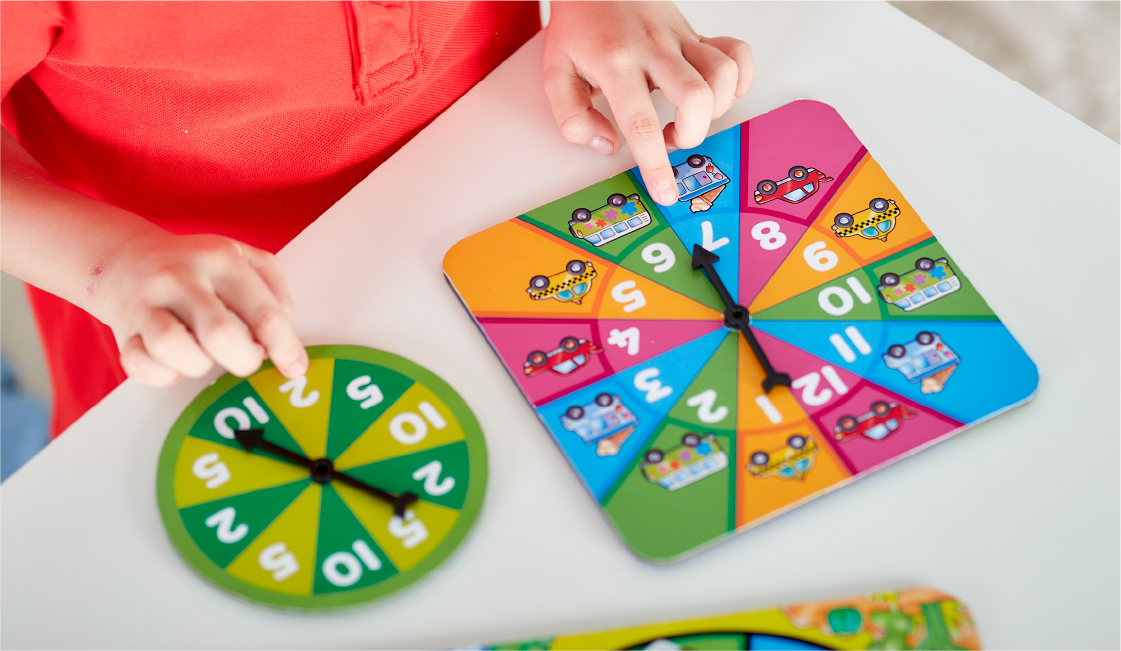Math games are a fantastic way to make learning mathematics enjoyable and accessible for children of all ages. Whether your child is just starting to explore numbers or tackling advanced algebra, there are interactive games designed to suit their learning needs.
1. Math Games for Preschoolers
Preschoolers can begin their math journey with games that introduce basic concepts like counting, shapes, and patterns. Interactive apps with colorful visuals and simple gameplay help young children develop early math skills in a fun and engaging way.
2. Educational Math Games for Elementary Students
Elementary school children benefit from math games that reinforce addition, subtraction, multiplication, and division. These games often incorporate storytelling elements or themed adventures to keep kids motivated while practicing essential math concepts.

3. Engaging Math Puzzles for Middle Schoolers
Middle school students can challenge themselves with math puzzles that require critical thinking and problem-solving skills. Games focusing on fractions, decimals, geometry, and logical reasoning help reinforce classroom learning in an interactive format.
4. Algebra Games for High School Students
High schoolers can explore algebra through interactive games that make abstract concepts more tangible. Games may involve solving equations, graphing functions, or exploring real-world applications of algebraic principles, fostering deeper understanding and preparation for higher-level math.
5. Learning Math Through Interactive Apps
Interactive math apps cater to different learning styles and abilities, offering personalized learning experiences. Adaptive technology adjusts difficulty levels based on a child’s progress, ensuring that each student learns at their own pace while staying motivated and engaged.
Benefits of Math Games
- Improved Problem-Solving Skills: Games encourage strategic thinking and help children approach math problems creatively.
- Enhanced Engagement: Interactive features and rewards make learning math enjoyable and less intimidating.
- Real-World Application: Games often simulate practical scenarios, showing children how math applies to everyday life.
- Progress Tracking: Parents and educators can monitor a child’s progress and identify areas for improvement through game analytics and performance metrics.
Conclusion
Math games for different age groups not only reinforce mathematical concepts but also cultivate a positive attitude towards learning. By integrating interactive gameplay with educational content, these games empower children to build confidence in their math abilities and excel academically.

